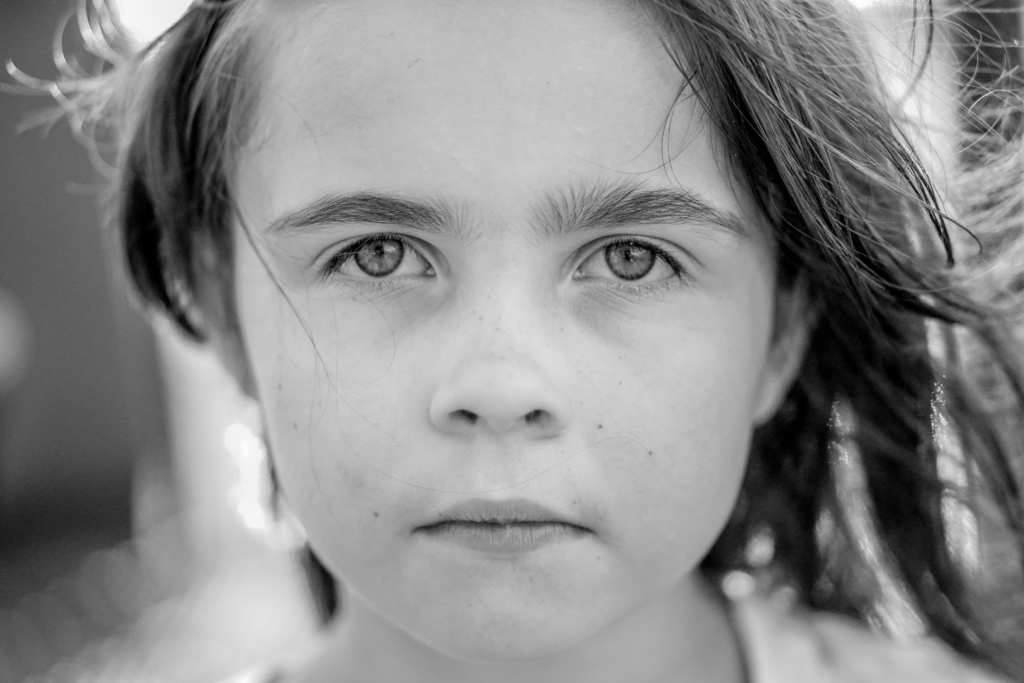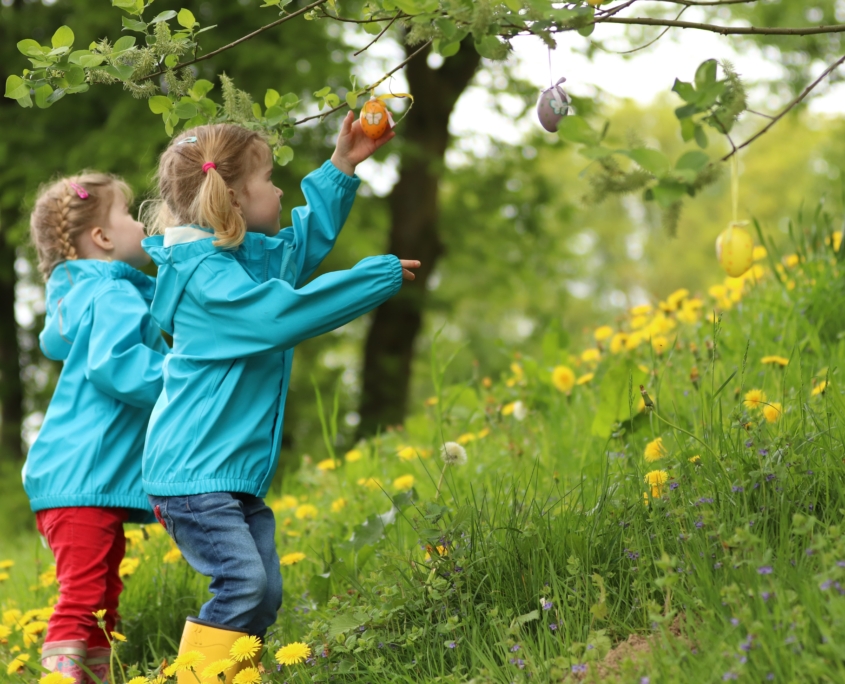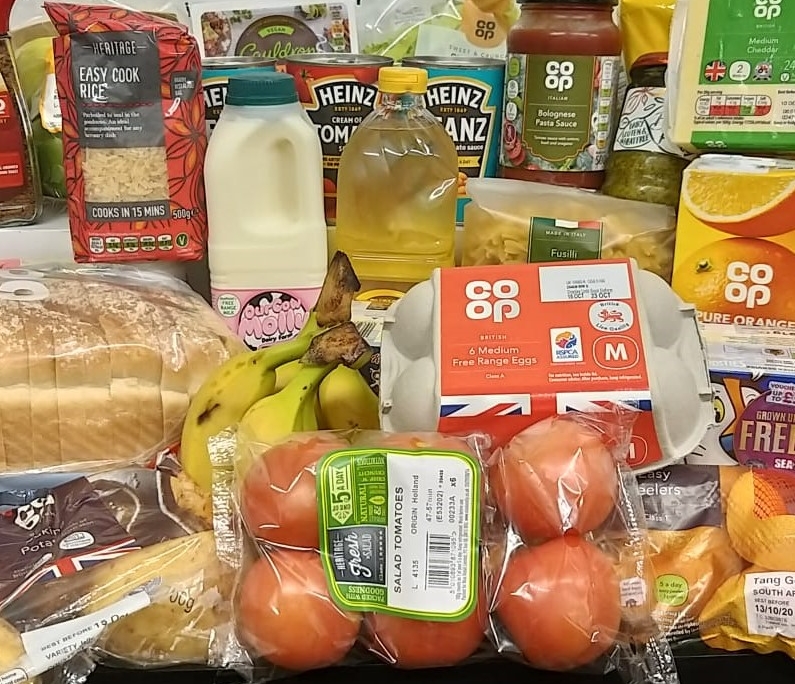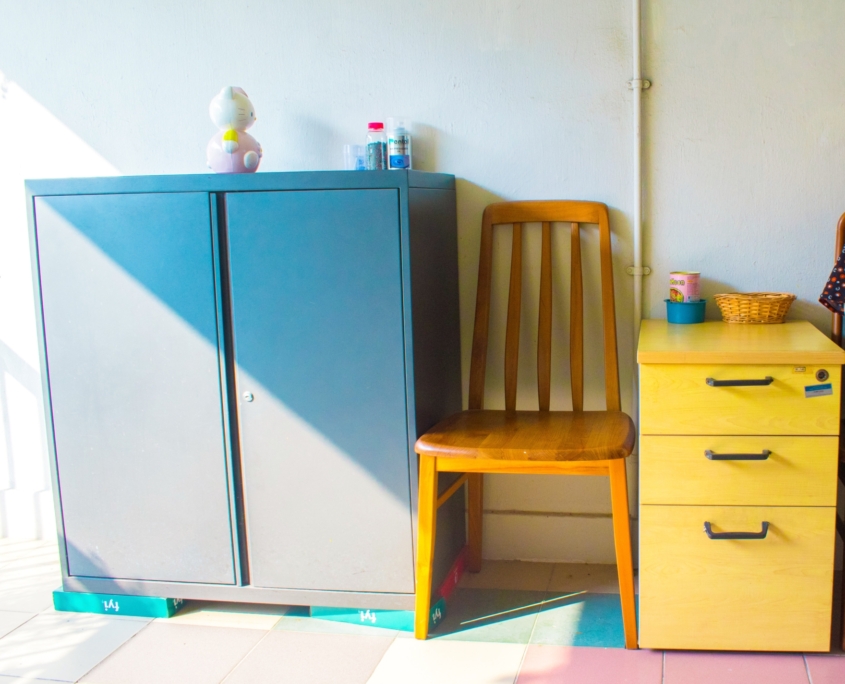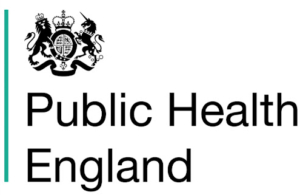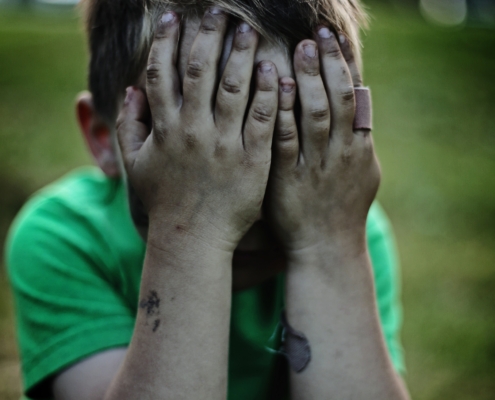The following situations are just a few of those brought to our attention by the agencies we work with.
Statutory funding is not available for these situations and the urgency of the individual cases means it is impossible for the agencies to find funds immediately from elsewhere.
In so many cases we support working families that are beset by ill health or redundancy, families that are trying hard to support themselves but who are so close to the edge that it takes very little to tip them into a situation where ends just don’t meet.
We know that in improving the lives of these families that there are long term benefits not only for them but also for the communities in which they live. You’ll see that our support alongside the amazing work of the health and education professionals is simple.
It doesn’t take a lot to make a difference – some bedding, some additional food, basic clothing. It doesn’t take much to restore the basic needs for a warm, safe environment in which a child can thrive.
Twin girls were moved into a safe house in this area. The girls had been sexually abused.
Counselling was provided by the local authority for the girls but travel costs were not included – the counsellor came from Gloucester weekly.
We provided funding to cover travel expenses and some much needed new clothing and toys.
A mother and her young child were moved into a rural village after their father left them to fend for themselves.
The mother became depressed and attempted suicide. A mental health team were mobilised to support them. The traumatised child was asked if there was anything that she needed and she explained that she loved and missed her piano lessons. The professionals felt that music therapy would greatly help her recovery.
We paid for a series of piano lessons.
A young mother with a toddler had escaped a very violent relationship and moved into our catchment area.
She lived in an almost empty house without floor covering for six months until she came to the attention of a health visitor through registering her child as unwell with a local GP. The mother had not registered for benefits as she was terrified that her ex-partner would find her.
We provided clothing for mum and child, toiletries, household goods, some toys and food as an interim measure until she could obtain state support.
A Parent Support Officer called us to tell us of a little boy on the autistic spectrum whose father had tragically died suddenly.
The father was the main person with whom the boy communicated and they had shared a special bond. Mum was understandably struggling with her grief whilst supporting her traumatised little boy.
Mum had found a suitable play centre that understood the needs of her son and where he could go to be with children his own age and who could help him start to deal with his grief. It also provided some space for her in which she could do her own grieving.
We paid for his place at the play centre as a key part of his therapy.
On several occasions we have been asked to provide bedding for young children who have been coming to school too sleepy to study as they are cold at night, sleeping under little more than a thin sheet. Duvets are available at supermarkets for as little as £11.
We made sure that they were able to provide the bedding to the children within 24 hours.
Domestic violence has become an increasing issue in the area.
The fleeing parent, if they are fortunate, is found accommodation away from the abusive partner and takes the children with them. Whilst they are no longer subject to the abuse, the new accommodation frequently has little or no furniture, cooking facilities, bedding etc.
We source furniture from organisations that recycle unwanted furnishings provide something to cook on so that they can provide a warm meal for their children and ensure that they have somewhere warm to sleep with beds and bedding.
The Facts
Public Health England published a report in early 2017 which warned that Rural communities are in danger of being overlooked when it comes to poverty, deprivation and ill-health.
In England, 9.8m people – or 19% of the population – live in rural settings and while on average people in rural areas have better health than those in cities, the popular idea of affluent country life is a misconception.
Official statistics have failed to capture the reality that many residents scattered across rural communities face deprivation, poverty and poor health.
“Within a rural community there are significant inequalities between parts that actually are very wealthy and parts that are quite deprived.”
Dr Rashmi Shukla – Public Health England
Regional Director for the Midlands and East of England and lead author of the report.
Research is shedding light on a number of issues affecting the health and wellbeing of rural communities, including low-paid work, unemployment of young people, high costs of housing and fuel poverty.
Tackling Rural Poverty
It is a shocking fact that even in the idyllic surroundings of the North Cotswolds, rural poverty sadly exists. Children go without basics such as warm clothing, fresh food and a bed to sleep on.
Isolated village families on low incomes are forced to cope with inadequate public transport which translates into difficulties in accessing health and welfare support for parents and their children. This in turn leads to a variety of social and financial problems.
We respond when there is urgent and immediate need for funds to alleviate the various types of crises which arise, and for which statutory funding is generally unavailable.

